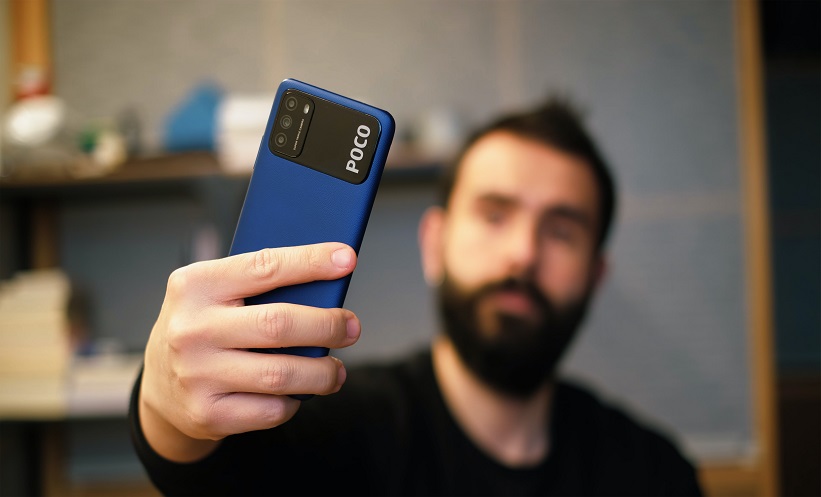GROUNDBREAKING findings from a recent study suggest that new software offers the potential to allow neurologists and patients to capture important clinical data using readily available technology, such as smartphones and tablets. The Johns Hopkins Medicine, Baltimore, Maryland, USA, study demonstrated how human pose estimation software, a form of artificial intelligence, could be used to measure patients’ motor function, providing accurate insight into the severity of neurology patients’ conditions.
Human pose estimation automatically detects and labels specific landmarks on the human body, such as elbows and fingers, from simple videos. Neurologists can ask patients to perform certain repetitive movements such as finger tapping or opening and closing the hands, and measure the speed, rhythm, and range of a patient’s motor function. The team of researchers investigated whether the pose software was as accurate as manual frame-by-frame visual analysis of video recordings of patients performing movements.
Researchers selected 10 healthy subjects to video themselves performing five different tasks often used to assess motor function. The subjects performed the tasks at four different speeds. These were tracked using a freely available human pose software algorithm. The team found that the software accurately detected more than 96% of the movements detected by the manual inspection method.
“Our goal was to develop a fast, inexpensive, and easily accessible method to objectively measure a patient’s movements across multiple extremities,” stated lead study author, Ryan Roemmich, Department of Physical Medicine and Rehabilitation, Johns Hopkins School of Medicine. “We want anyone with a smartphone or tablet to be able to record video that can be successfully analysed by their physician.”
The team’s next step, succeeding the positive results of the initial trial, is to test the software on patients who require neurological care. They are currently collecting large samples of video data of patients with the neurodegenerative disorder Parkinson’s disease, carrying out the same five motor function tests as the healthy subjects.








